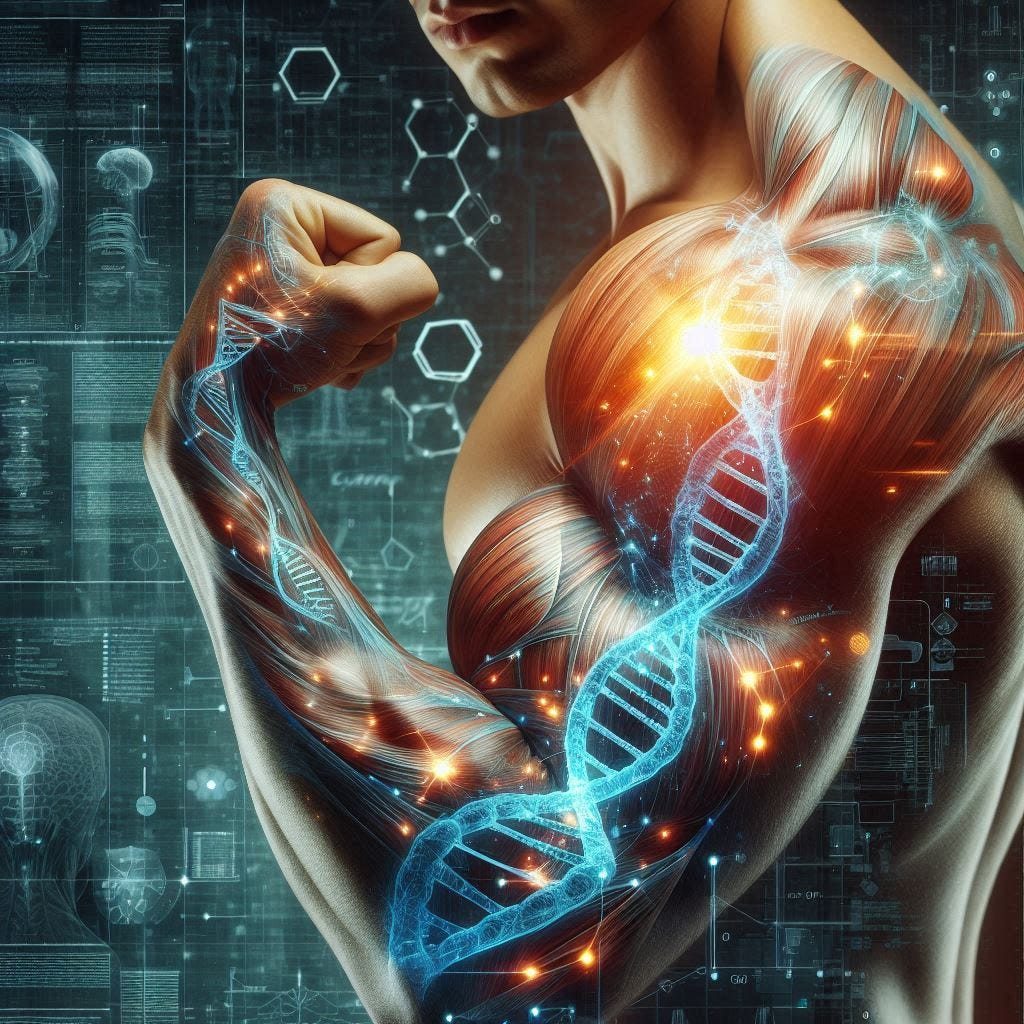The Role of Genetics in Bodybuilding: Unlocking Your Full Potential
When it comes to bodybuilding, the word “genetics” gets thrown around a lot. Some claim genetics are the ultimate deciding factor, while others insist that hard work can overcome any genetic limitations. The truth lies somewhere in between. Genetics do play a role in how easily you can build muscle, how your body responds to training, and even where you…
Keep reading with a 7-day free trial
Subscribe to The Body Doctor to keep reading this post and get 7 days of free access to the full post archives.




